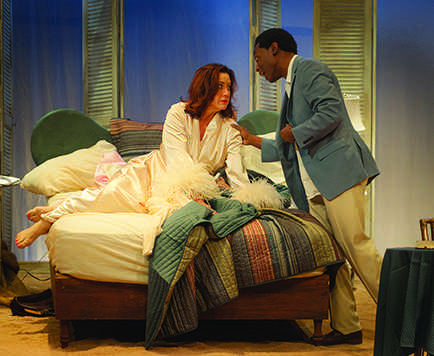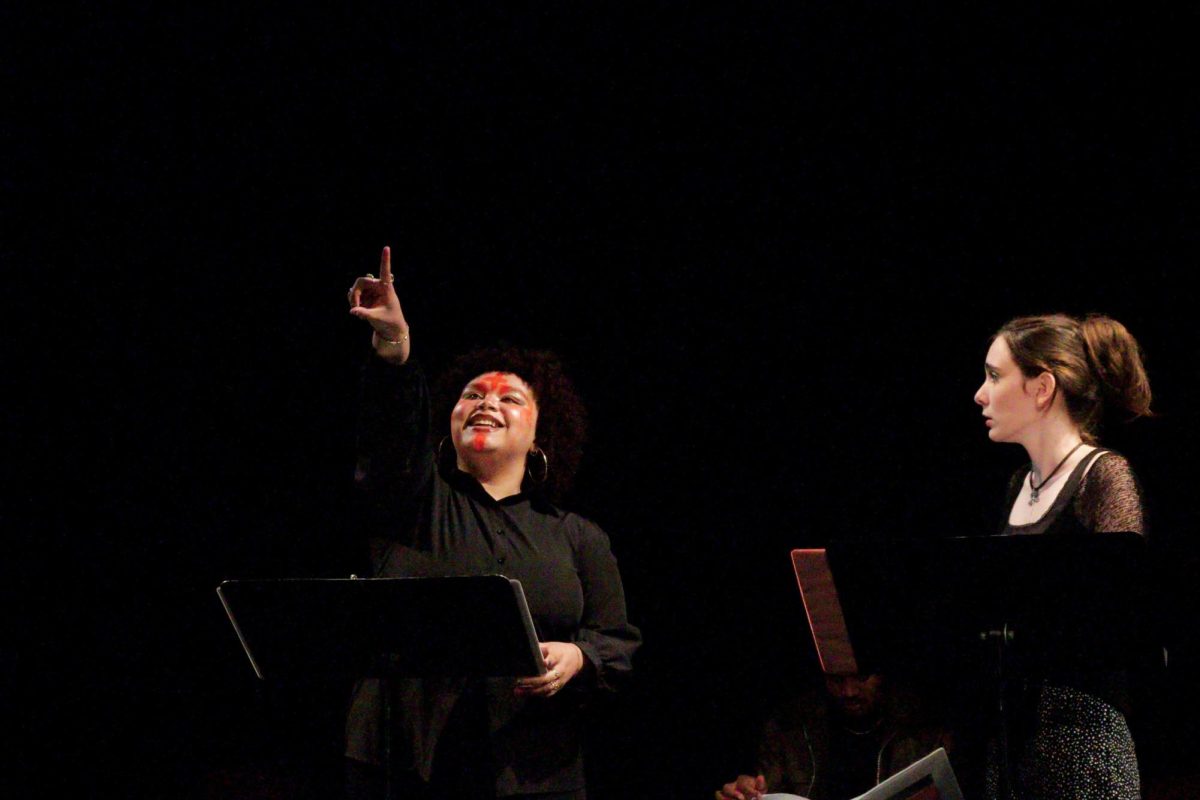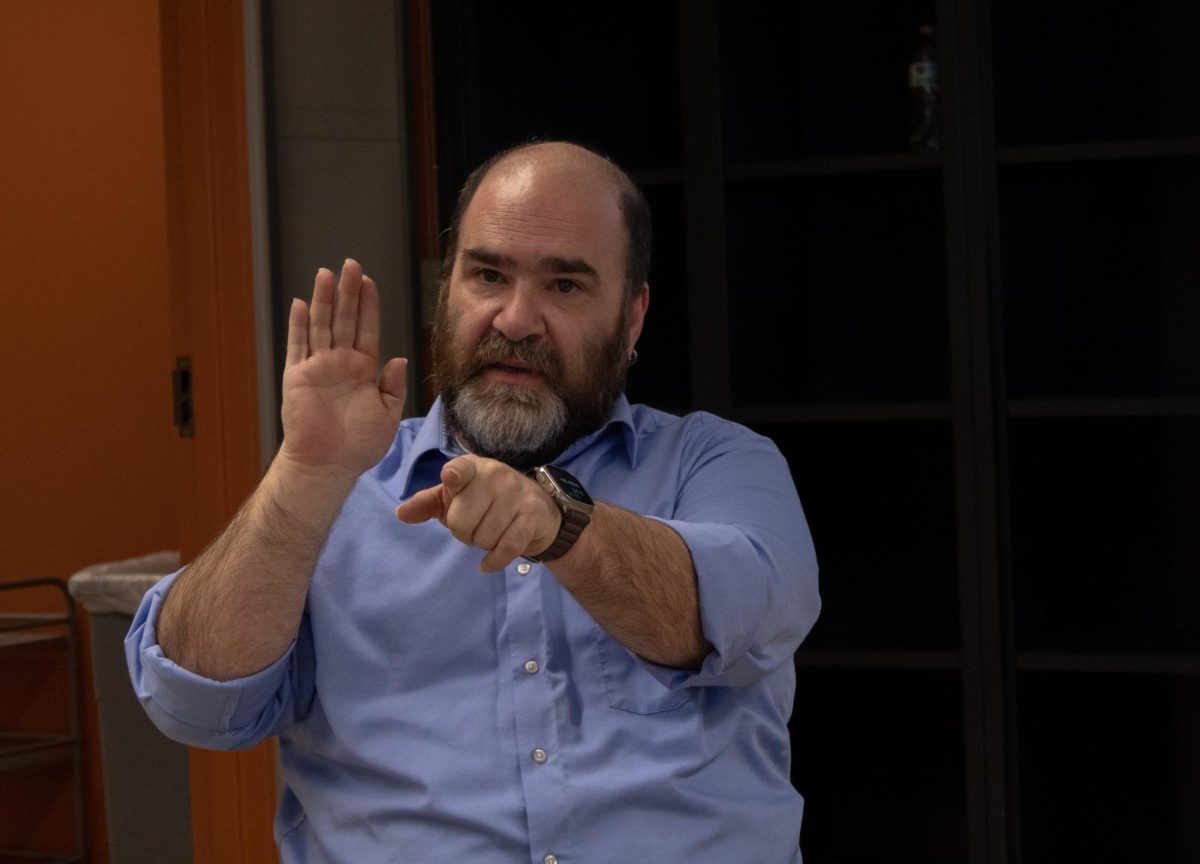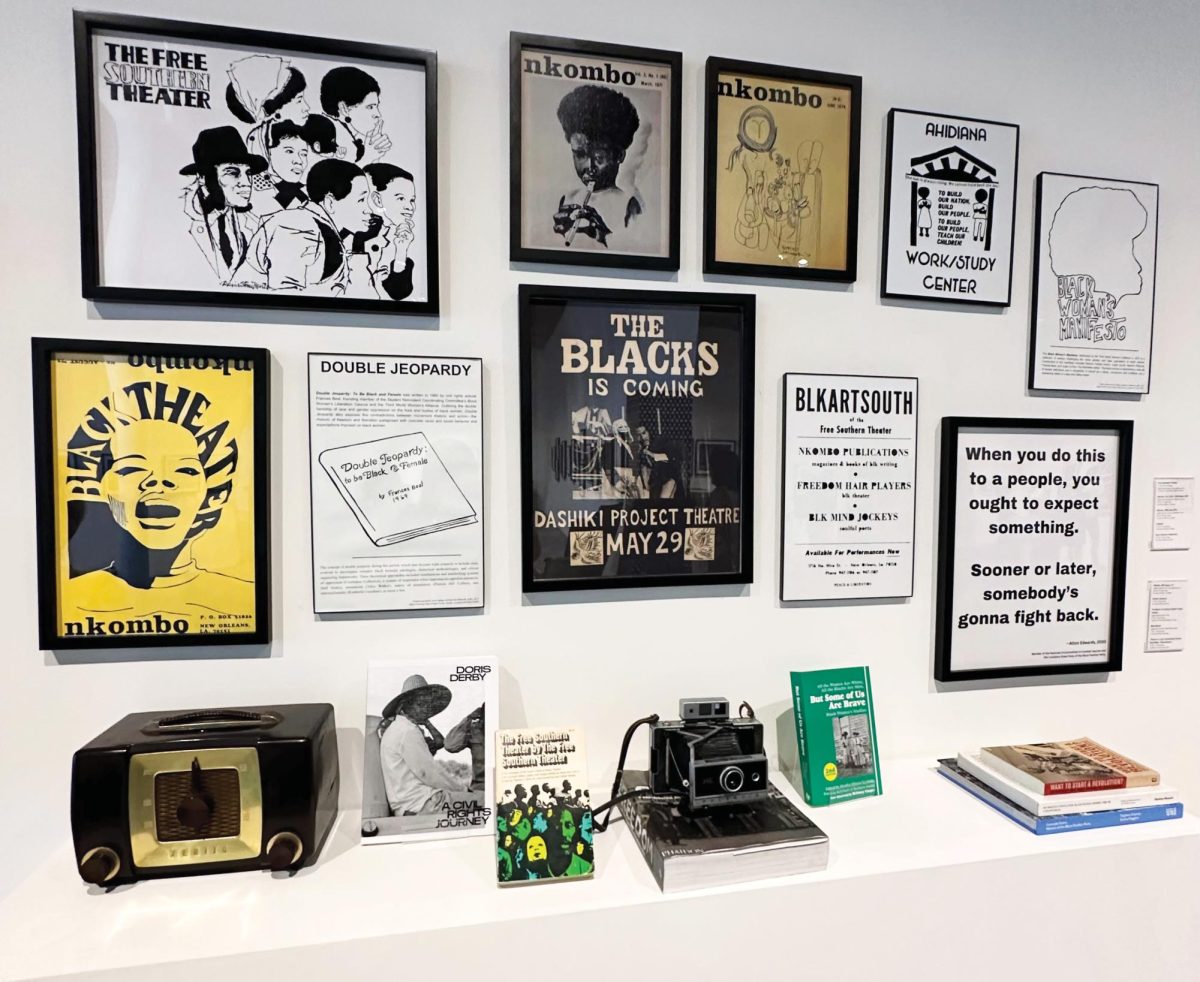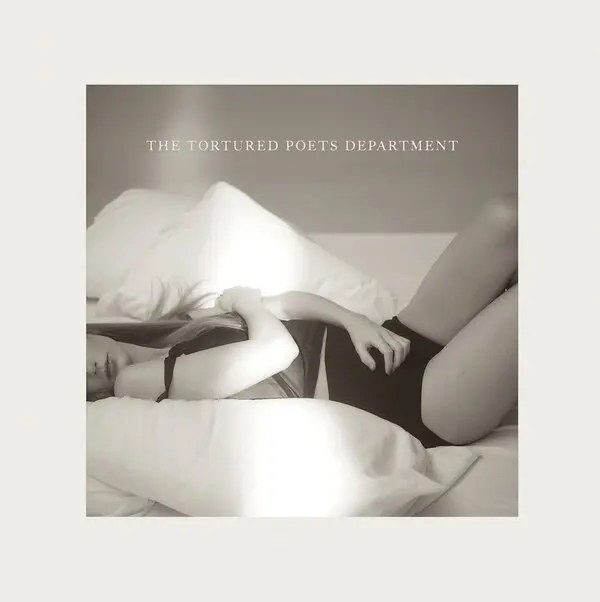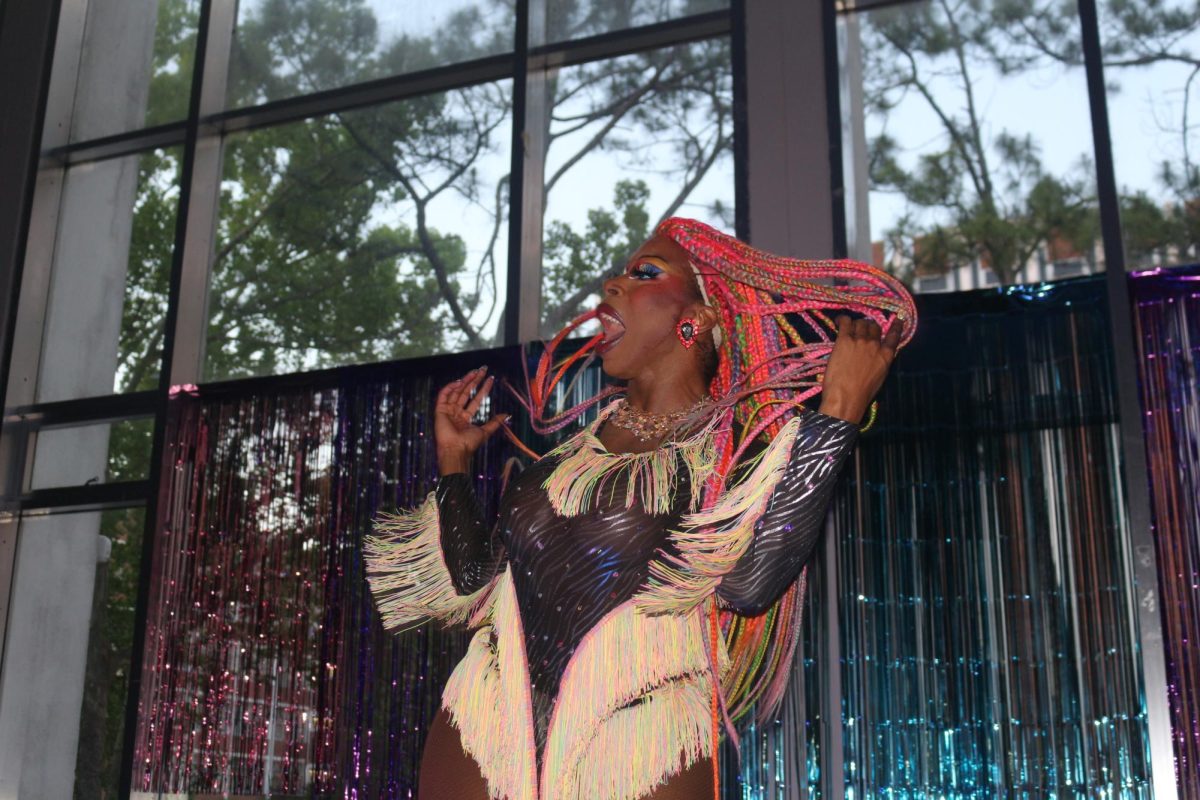In partnership with the Tennessee Williams Festival, Southern Rep performed their rendition of “Sweet Bird of Youth.”
Southern Rep Theatre performs a Tennessee Williams play each year as part of its partnership with the Tennessee Williams/New Orleans Literary Festival. “Sweet Bird of Youth,” a play about a fading gigolo and starlet trying to find some form of success in their lives, stars Leslie Castay as Princess Kosmonopolis and Martin Bradford as Chance Wayne.
Tennessee Williams lived in New Orleans and based most of his plays in the South, where his characters deal with issues that resonate with the area such as racism, class struggle and conservatism.
“When you hear certain characters talk, there are actually certain people in our political stage now that talk that way, out loud to anyone who’ll listen,” Aimée Hayes, artistic director, said. “It’s shocking in that way that it’s not shocking.”
The production crew decided to make a bold statement with their interpretation of Williams’ work. The team cast Martin Bradford, an African-American actor, as Chance Wayne, a typically white role.
“I believe that the way we have cast people of color in roles that were typically white makes the show unbelievable and really something special,” Amanda Alch, Southern Rep company member, said. “I think that there are ways to update productions so that they speak to the people of the time. A lot of the issues that Tennessee Williams was speaking about long ago are very much so relevant today. The issues of racism and family dynamics are current and real.”
Boss Finley, the antagonist of the play, is a politician advocating Southern segregation who attempts to get Chance Wayne kicked out of town. Finley claims that God himself speaks to him to defend segregation.
“It felt like it was a chance, no pun intended, worth taking,” Mel Cook, director, said. “Post all of the events of 2016, we started thinking that we needed to do something that was more obvious. What we decided to do was not to rewrite it, but just to cast a black actor in a white role, allow that to be a lens through which the audience hears the lines slightly differently.”
Cook said that Williams’ diverse subject matter at the time of publication allowed for a natural progression of racial understanding in their adaption of his work.
“Shakespeare doesn’t come with its own sociopolitical framework, whereas with Williams you kind of can’t get away with that because he’s writing about a place that’s in living memory for some people,” Cook said.
Cook has directed productions for the Royal Shakespeare Company, Shakespeare’s Globe and the Royal National Theatre. Cook was approached by Tulane to direct the Big Easy-nominated production of “Julius Caesar” and “Sweet Bird of Youth” after contacting theaters.
“We’re dedicated to working through his canon. It’s special to share his work,” Hayes said. “Everybody in New Orleans loves Tennessee and they’re always curious. If they’ve seen it 50 times, they want to see how you are going to do it this time. If they’ve never seen it, they want to hear it because they’ve never seen it before.”







